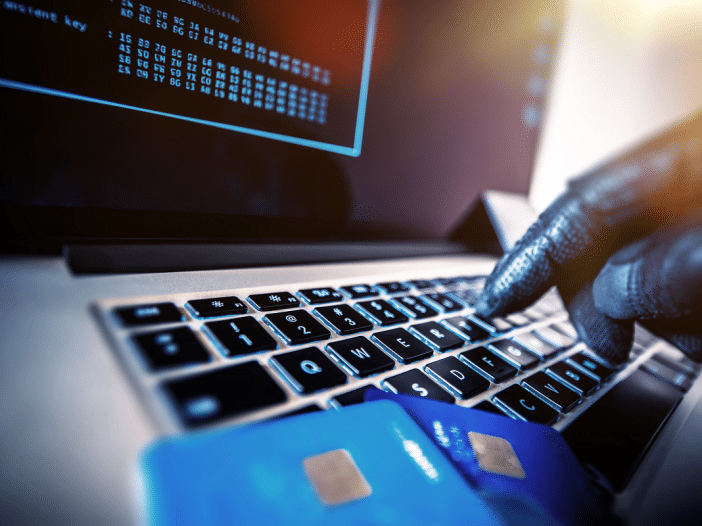
1. California-based medical supplier hit with ransomware
When hackers gained access to Solara email accounts, they extracted employee and patient information. Solara is a medical device provider based in Chula Vista and maintains highly sensitive personal information about patients. Although the company has taken steps to prevent future attacks, people caught up in last year’s hack are still at risk and need to carefully monitor the Dark Web to see if their information is for sale.
Continuous monitoring of the Dark Web is a good practice for all businesses – even if you don’t think you’ve been targeted by cybercriminals. Dark Web monitoring can prevent cybercriminals from leveraging your personal information for their private gain. Here’s how it works.
2. Hack causes downtime at parent company of Billabong and Quicksilver
After ransomware struck Boardriders, employees couldn’t open their computers for two weeks. While they waited for ransomware to be cleared from the network, the company suffered devastating downtime. Boardriders owns several popular brands including Billabong and Quicksilver. Inventory, sales and productivity were lost as a result of the attack.
Today’s hackers know how to slip past firewalls and can lurk in your network undetected for months. Actively hunt down threats and monitor your network for suspicious activity. It will help prevent hacks before they have a chance to cripple your operations.
3. Phishing attacks can compromise network security for months – you need ransomware detection
Three Starling Physicians employees were successfully phished in February of 2019. The attack went unnoticed until October 2019, exposing email addresses and patients’ personally identifiable information for 8 months. Starling Physicians then spent 2 months notifying patients. In other words, for almost an entire year, Starling Physicians suffered the effects of a successful cyberattack.
Names, addresses, dates of birth, social security numbers and more sensitive information was exposed. Keeping personal data safe is a priority for all industries but is vital for anyone in the healthcare industry. Our services, which include ransomware detection tools, help clients maintain HIPPA compliance, secure files and streamline operations.
4. Healthcare breaches affected over 40 million people in 2019
Over 40 million people and more than 380 breaches. That’s what a study by the U.S. Department of Health and Human Services (HHS) Office for Civil Rights (OCR) found. The findings said most people were breached through email but breached network servers were another major vulnerability.
In a few days, Microsoft will end support for Server 2008. If you run this system, you’re at heightened risk for an attack from cybercriminals, many of whom will be ready to release malware the minute supports ends. Contact us immediately if you are using Server 2008 or have questions about the security of your server.
5. Cybercriminals know how valuable admin accounts are, do you?
Cybercriminals do their homework. They look for information available online to target your business and are increasingly focused on your Office 365 admin accounts. Because these admin accounts have broad permissions and access, once a cybercriminal obtains these credentials, they can easily permeate your network, create new accounts, mine data or introduce malware.
Unless each of your employees understands the threat and can recognize a phishing attack, you’ll be constantly exposed to scams and malware. Conduct regular training and testing to improve network security in 2020.